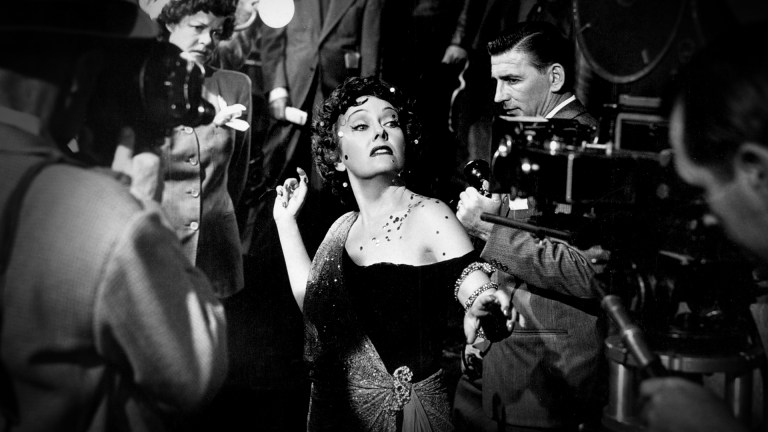
6 Little Known Things About Marilyn Monroe That Prove She Was Absolutely No Dumb Blonde
She Rebelled Against Unfair Studio Demands By Starting Her Own Company
Darryl F. Zanuck, head of 20th Century Fox, was never a Marilyn Monroe fan. He signed her to an embarrassingly cheap contract that kept her limited to Fox — she was prohibited from accepting ANY other television, radio, or theater work unless Fox loaned her out and she was subject to cancellation at any time. In 1954, Marilyn received this letter from Fox’s legal department:
Dear Miss Monroe,
Under date of January 16, 1954, we instructed you to report to our studio on January 20, 1954. Your representatives have advised us that, subsequent to the date of such notice, they have been unable to communicate with you.
Therefore, you are hereby instructed to report to Mr. Sol Siegel on January 25, 1954, at the hour of 12:00 Noon at his office…for the purposes of rendering your services in connection with our motion picture tentatively entitled “PINK TIGHTS”, in respect to which you have heretofore been assigned to portray the role of ‘Jenny’.
Marilyn’s co-star for “Pink Tights,” Frank Sinatra, was earning almost five times as much as she would for the picture. As a final insult to injury, the studio refused to let her see the script — which portrayed her as yet another dumb blonde.
She ignored the letter and all other attempts at communication until Zanuck finally allowed her to see the script. Marilyn’s terse, to-the-point response?
I am exceedingly sorry, but I do not like it.
She never did the picture. As Marilyn’s star continued to rise, she was offered more substantial roles — the studio’s hands were tied. She starred in “The Seven Year Itch” for a bonus of $100,000 and a new contract. Meanwhile, Marilyn continued to prove herself a shrewd businesswoman and established Marilyn Monroe Productions with friend Milton Greene. This came with a new, more aggressive contract that Fox had to consider: for each film she would receive $100,000 (as opposed to the $1500 per week she’d been offered for “Pink Tights”) plus a share of the profits on all four films she agreed to make for Fox.
As if that wasn’t a success in its own right, she pushed even farther, demanding approval over subject matter, cinematography, and direction for each film — and the restraint on her appearance in other media was dropped. The third woman to ever start her own production company also garnered an annual salary of $100,000 on top of the film fees.
Zanuck had his hands tied. Fox couldn’t lose their biggest star and were at last forced to give Marilyn what she was worth. Her example proved that stars who felt they were held prisoner by unfair film studio standards could break free and secure their own success.











